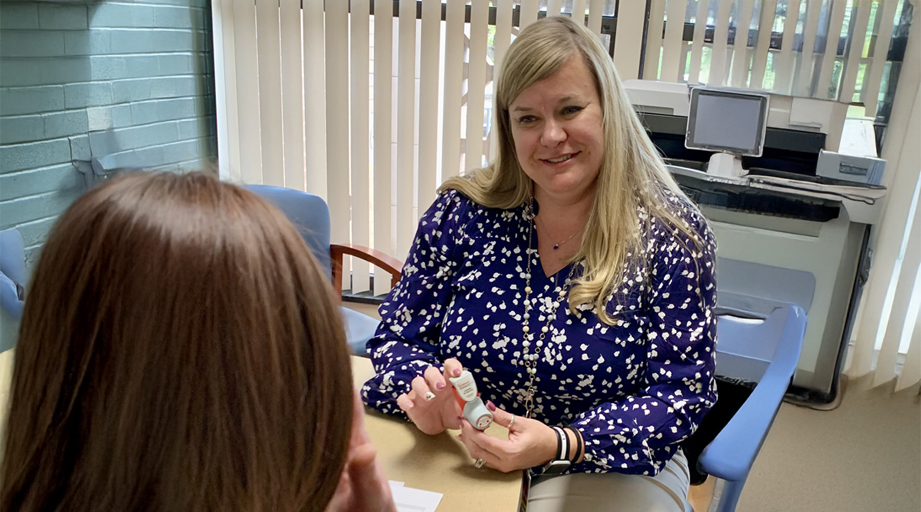
From therapy recommendations to symptom management to accounting for social determinants of health in patient care, pharmacists have a growing role in caring for women with breast and gynecologic cancers.
“This is something I’m really passionate about,” said Ryan Haumschild, director of pharmacy services at the Emory Healthcare and Winship Cancer Institute in Georgia. Haumschild was the presenter for Putting Oncology into Practice: Modern Treatment Approaches in Women’s Health, a Dec. 6 spotlight session at the Midyear Clinical Meeting & Exhibition.
Haumschild started out with an overview of current therapies for breast cancer, which he described as the most commonly occurring malignancy in women, accounting for 25.8% of new cancer diagnoses worldwide.
“This is a very impactful cancer across the board,” he said.
Fortunately, he said, many biomarkers for targeted breast cancer therapy have been identified. These include estrogen and progesterone receptors, human epidermal growth factor receptor 2 (HER2), protein and cyclin-dependent kinases, breast cancer gene (BRCA) 1 and BRCA 2, and more — and that list is expected to grow.
Currently recommended breast cancer treatment regimens include antibody–drug conjugates — which Haumschild described as “a one-two punch” that identifies a target and delivers a cytotoxic payload — immunotherapies, and kinase inhibitors.
But these medications aren’t always easy for patients to tolerate. Haumschild emphasized that to provide optimal care for their patients, pharmacists need to know both the best emerging treatment options and the adverse event profiles of each therapy. That’s vital for cancer care, because without prompt action a side effect can progress to serious toxicity and poor outcomes.
“We want to make sure we’re monitoring patients ... so they’re not having these Grade 3 reactions and abandoning therapy,” he cautioned.
For example, Haumschild said pharmacists should be aware that alpelisib, a breast cancer therapy that targets tumor cells with PIK3CA gene alterations, can cause hyperglycemia. By implementing glucose monitoring and appropriate intervention and follow-up, pharmacists can help keep the patient’s cancer regimen on track.
Depending on the patient’s breast cancer therapy regimen, pharmacists may also need to order an electrocardiogram to monitor for QTc-interval prolongation, recommend skin creams and sun avoidance in patients with rash, and ensure patients have loperamide available to manage diarrhea.
And he said pharmacists are uniquely qualified to educate patients about what adverse events to expect, how to manage side effects, and when to seek help to prevent serious complications of therapy.
Haumschild said his cancer center focuses heavily on patient education and ensuring that patients have 24-hour telephonic pharmacy support for medication-related problems. The goal is to keep patients on track for the full course of treatment.
“That cancer patient should be able to reach out to us about their medications,” he said. “That will set the patient up for success.”
Haumschild also urged his pharmacy audience to factor social determinants of health and health equity concerns into patient care plans. He said transportation access is the most common social determinant that needs to be addressed, because a patient who lacks the resources to travel to and from a treatment center can’t complete the course of treatment.
And, he said, social determinants need to be addressed throughout the treatment course so that the care team can respond to the patient’s changing needs.
“Life circumstances change so dramatically throughout treatment,” he said.







